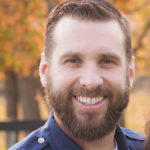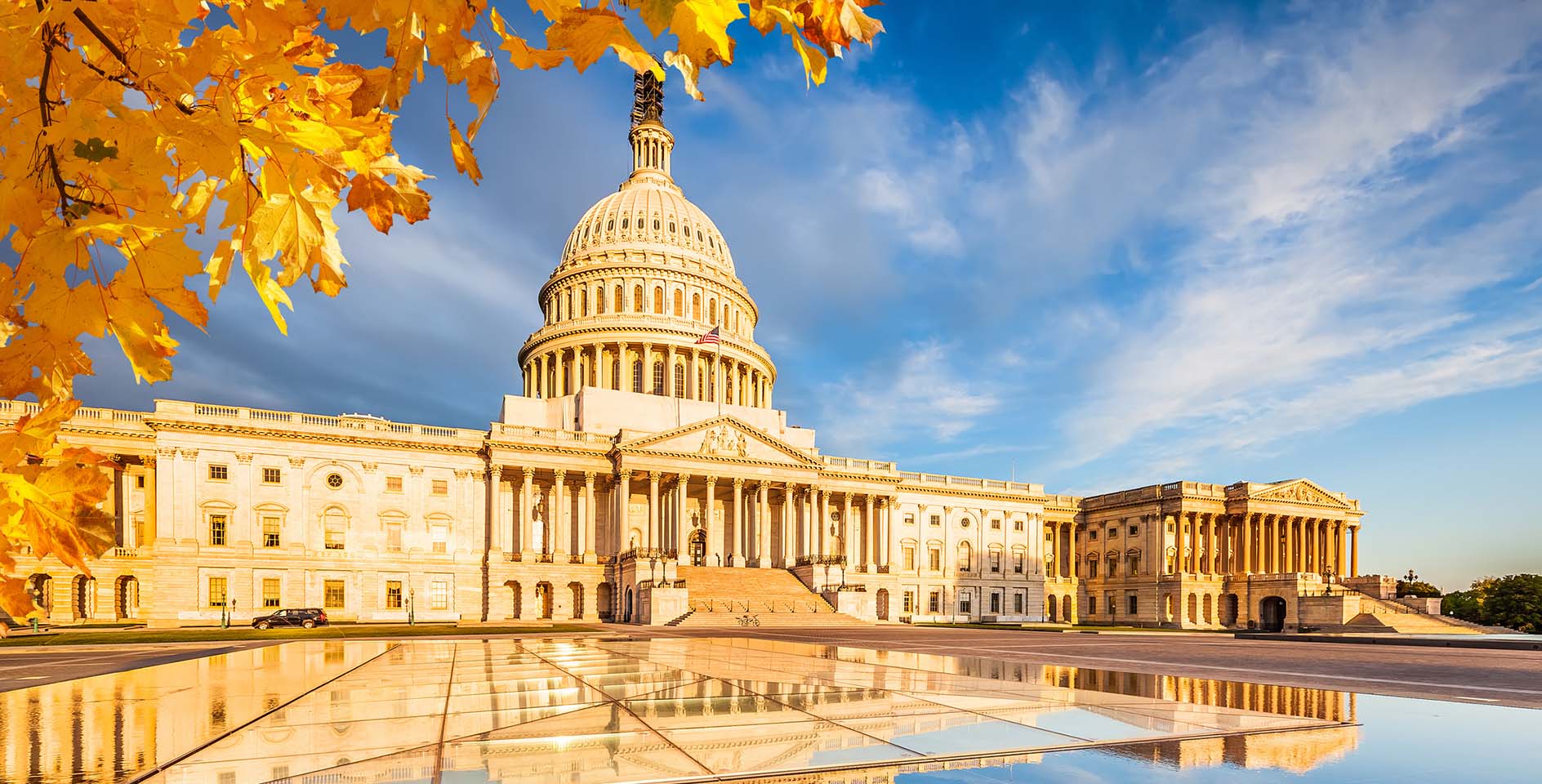In 1778, David Barrow, a 25-year-old Baptist pastor, was invited to a residence on the Nansemond River in Virginia to preach to a gathered crowd of excited worshipers. Upon arriving at a makeshift stage erected under a grove of trees for the occasion, Barrow and his friend were seized by a gang of 20 men, dragged to a muddy pond, and dunked repeatedly. The gang shouted, “As you are fond of dipping, you shall have enough of it,” before nearly drowning the two men as they derided them for their convictions.
These persecutors were not angry atheists; they were members of the Anglican Church — the established church of Virginia at that time. Under Virginia law, dissenters like Barrow could practice their faith according to their convictions but were forced to pay tithes in support of the Anglican church and its clergy. They were also despised and often persecuted.
Every Sunday morning for over 50 years, John MacArthur — a faithful pastor with many of the same convictions as Barrow — has ascended the pulpit of Grace Community Church in Sun Valley, California, opened his Bible, and boldly preached God’s Word to the thousands assembled there to worship. In addition, MacArthur has freely travelled the United States as a sought-after speaker, and his sermons and books have been translated and distributed worldwide. He has courageously spoken his convictions during his fruitful ministry without interference from government and safe from the kind of persecution Barrow endured over two centuries ago.
So, it was surprising to hear MacArthur, one of the most respected evangelical leaders in the world, call religious liberty “nonsense” in a sermon at Grace Community Church last January. A clip has recently circulated on social media. Since 1833, American citizens in every state have enjoyed the liberty to follow their own consciences in matters of religion without government interference. Since our nation’s founding, this legal right has been perpetually challenged, and yet, as journalist and former attorney David French has written, “People of faith in the United States of America enjoy more liberty and more real political power than any faith community in the developed world.”
In his sermon, MacArthur said, “I don’t even support religious freedom. Religious freedom is what sends people to hell. To say I support religious freedom is to say I support idolatry. It’s to say I support lies, I support hell, I support the kingdom of darkness.” MacArthur’s voice has served conservative evangelicals as a trustworthy guide for many years, and I personally continue to benefit greatly from his ministry. But on the topic of religious liberty, evangelicals need to look elsewhere for a guide. Below, I provide three reasons why he is wrong about religious liberty, along with a few historical guides
Religious liberty supported by human nature
The Enlightenment of the 18th century often receives the credit for coming up with religious freedom, but historian Robert Louis Wilken in his book Liberty in the Things of God has recently demonstrated the Christian origins of the idea. The Christian apologist Tertullian was the first to articulate this truth in the third century. Tertullian understood that religion could not be coerced from the outside. In his Apology, he wrote, “It is only just and a privilege inherent in human nature that every person should be able to worship according to his own convictions; the religious practice of one person neither harms nor helps another. It is not part of religion to coerce religious practice, for it is by choice not coercion that we should be led to religion.”
As Wilken shows, Tertullian believed that being created in the image of God meant that human beings were created with the dignity to act according to conscience. The human conscience as articulated by Paul in Romans 2:15 bears witness to God’s law and serves as an interior tutor to guide the individual toward truth. God has not created human beings to be guided in matters of religious devotion by external coercion.
When MacArthur says, “Religious freedom sends people to hell,” I can only conclude he means that a person who is given the freedom to choose his or her religion according to conscience often chooses the wrong religion. If that’s what he means, I’m curious as to what he would put forth as the alternative. To prevent people from going to hell, should we force them to believe in Christ instead? MacArthur himself writes in Faith Works that “faith is seeking and finding God in Christ, desiring Him, and ultimately being fulfilled with Him.” Certainly, he would never claim that such faith could be coerced. At the end of the day, religious liberty has never sent anyone to hell. Religious liberty merely recognizes that God has located the proper domain of religious response in the human heart.
Religious liberty supported by the doctrine of original sin
The Baptist preacher John Leland was so elated upon Thomas Jefferson’s election to the presidency in 1801 that he led the members of his Cheshire, Massachusetts, church to construct a 1,200-pound block of cheese to present to the president as a gift. Leland had long been an advocate for religious liberty, joining forces with Barrow in Virginia before ending his career fighting the same battle in Massachusetts. The Republican Leland saw in Jefferson’s election the potential end of religious tyranny in the United States.
When Leland returned home, he preached a sermon called A Blow to the Root in which he presented his case for religious liberty. He began that sermon by demonstrating the scriptural doctrine of original sin, a teaching that Reinhold Niebuhr once called “the only empirically verifiable doctrine of the Christian faith.” Leland, like most of his contemporaries, did not trust power-hungry politicians to always make the right decisions in government. A government would only be qualified to rule over the consciences of its citizens in matters of religion, according to Leland, if those “rulers were infallible in wisdom and goodness.” Since no government meets those criteria, no government qualifies to rule over religious conscience.
Leland knew history well enough to understand that government rule over the church never ended well. In fact, he used the ever-changing religious laws of states that had established religion as evidence against establishment. Leland wondered why state governments with established churches had to keep changing laws, particularly laws regulating the Sabbath, since the God they worshiped never changes. Leland understood that the desire for pure worship was often superseded by the corrupt ambitions of rulers and based his argument for religious freedom on this belief.
Religious liberty supported by the gospel
Leland never tired of pointing out the explosive growth of Christian conversions and new churches in states like Kentucky where no religion had ever been established. If Massachusetts feared that disestablishment would result in reduced enthusiasm for the truth, they need only look to the frontier where revivals were resulting in exponential growth. For Leland, the gospel did not need government assistance.
He implored his opponents to “come forth upon the plan of the gospel, and trust God and his word for your support.” He believed that trusting the government to enforce religious observance displayed a lack of confidence in the gospel: “Convince the world that the religion of Jesus will stand upon its own basis, without law or sword.” In short, Leland’s plea for religious liberty was rooted in his confidence that the gospel “is the power of God for salvation to everyone who believes” (Rom. 1:16).
MacArthur believes that supporting religious freedom is tantamount to supporting idolatry, lies, hell, and the kingdom of darkness. Leland and many others, both within the free church tradition of which MacArthur is a part and beyond, would counter that claim with the argument that supporting religious liberty is tantamount to trusting Christ to accomplish what no government ever could. The heart doesn’t change by government mandate. We need to preach the gospel for that.










